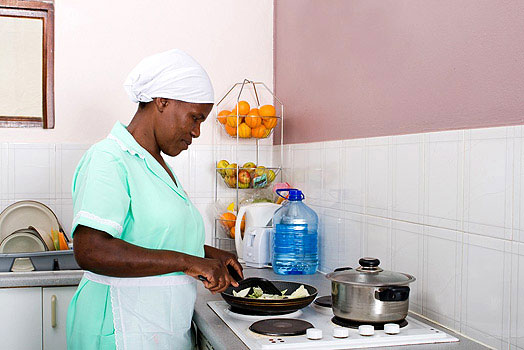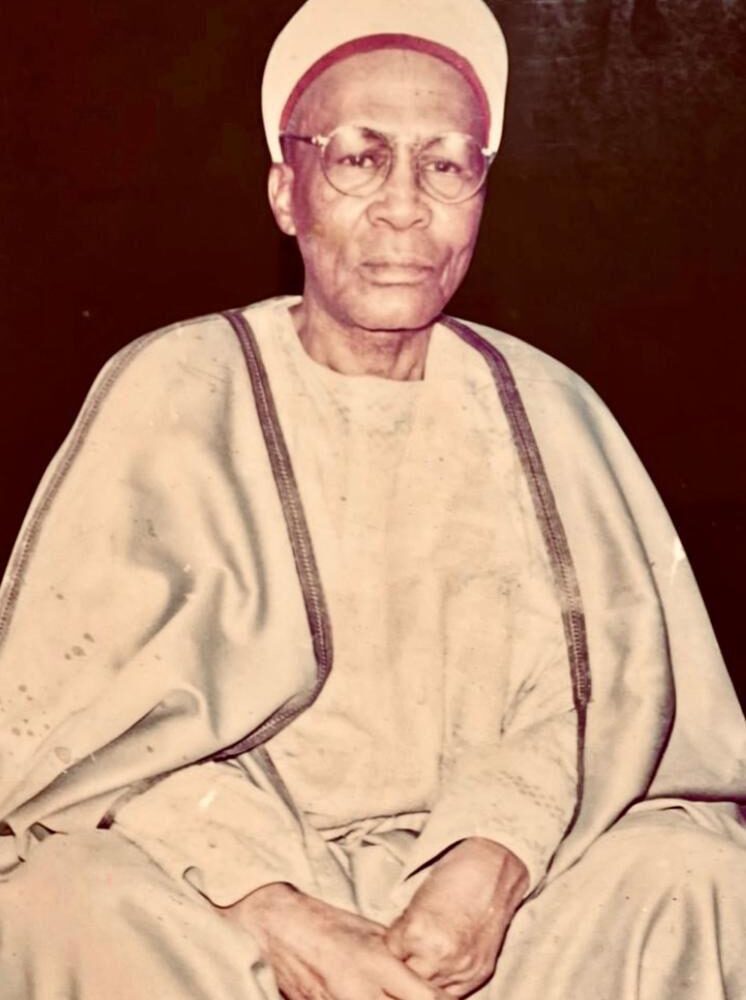There are laws enacted to protect the Nigerian child from various forms of abuses, yet many underage house helps still find themselves dehumanised.
An underage house help is a child, male or female, who works in the employer’s household, performing duties such as cleaning, cooking, babysitting, and other chores.
Many of them can be easily spotted due to their poor state of clothing, nutrition and sometimes, presence of injuries on their bodies.
A lot of them suffer some form of physical, psychological and or sexual abuse by employers or other members of the family.
Those raped endure it because they are unable to escape, or were threatened with death if they told anyone.
Some will not be served food, until after all members of the family had eaten, some sleep on the floor in indecent spaces, they are the first to wake up to resume chores and the last to sleep.
In most cases, child abuse goes unreported, the few that were reported usually did not receive the needed investigation and prosecution of culprits.
According to the International Labour Organisation (ILO), 15 million Nigerian children under the age of 12 are engaged in domestic child labour.
ILO describes child labour as work that deprives children of their livelihood, their potentialities and their dignity as well as that which is harmful to their physical and mental development.
According to the National Agency for the Prohibition of Trafficking in Persons (NAPTIP) Act of 2015, employing, recruiting, or harbouring a child under the age of 12 as a domestic worker is a criminal offence punishable by imprisonment.
Findings reveal that poverty is the major reason parents give out their children to work as maids and domestic helps.
The News Agency of Nigeria (NAN) investigations also revealed that there were many incidences where child domestic workers were brutalised, assaulted, and even raped by their employers.
For instance, a nursing mother, Ifeoma Ezia, was arrested on July 5, 2020, in Enugu State, for piercing a six inch nail into the head of her 10-year-old maid, Nneoma .
She was also alleged to have massaged hot electric iron on her body, and inserted ground pepper into her vagina, for not taking proper care of her child.
A neighbour, who heard her wailing, alerted the Police Command in Enugu.
On July 25, a civil servant, Ijeoma Ifeanyi, who works with a radio station in Imo, allegedly poured hot water on her househelp for preparing watery pap for her.
Also on May 21, Police Command in Lagos, arrested a pregnant woman, Eucheria Ndigwe, for stabbing her maid with a knife in the Ojo area of the state, for not washing her bag.
Some maids suffer sexual abuse in the hands of their male employers, such was the case of a teenager simply identified as Balogun, who was allegedly raped by her boss in the Epe area of Lagos State.
“Employers should stop taking underage as house helps, leave them to develop like other children,”she said.
Francis, also the Head of Media, Advocates for Children and Vulnerable Persons Network (ACVPN), urged the government to ensure proper implementation of the laws and ensure violators are made to face the wrath of the law.
“Both the parents, who gave out their children as maids and the employers who hire such children should be prosecuted and punished to serve as deterrent to others,” she said.
She said that to eradicate child labour and trafficking , concerted efforts were required from everyone.
“We can curb child trafficking when the government, non-governmental organisations, civil society groups , the police and the public are involved in spreading the message and saving children from abuse,” she said.
Also, a legal practitioner, Mr Isaiah Ode, described the rising cases of abuse and brutality of underage domestic servants as heartbreaking.
He said that engaging a child as a domestic worker was illegal in Nigeria and contravened the Child Rights Act, 2015 as well as the Violence Against Persons Prohibition Act (2015).
Ode urged employers to stop subjecting their maids to inhuman treatment.
“Employers should treat their maids as humans not as animals, it is not wrong if employers provide them with proper food, clothes and also help them develop by making them learn skills,” he said.
According to him, employers who abuse their housekeepers should be prosecuted.
He urged Nigerians to rise against any form of slavery or abuse.
However, a traditionalist, Olori-ebi Omowale Adisa, asked a rhetorical question, where is the place of fostering, which is part of the African culture?.
He explained that some of the big businessmen and politicians we see today were fostered by people other than their parents.
Adisa said that these laws should define the place of fostering properly and guide the citizenry through the processes and things required by foster parents and their responsibilities.
“ We cannot adopt the western way of life completely, it is in our culture to foster children.
” We should enact laws that encourage fostering but discourage abuse of any form. These laws should guide parents on what to do for the child.
”Education should be top on the list of requirements for a fostered child. Anyone who violates the law should not be spared,” Adisa explained.
NAN





